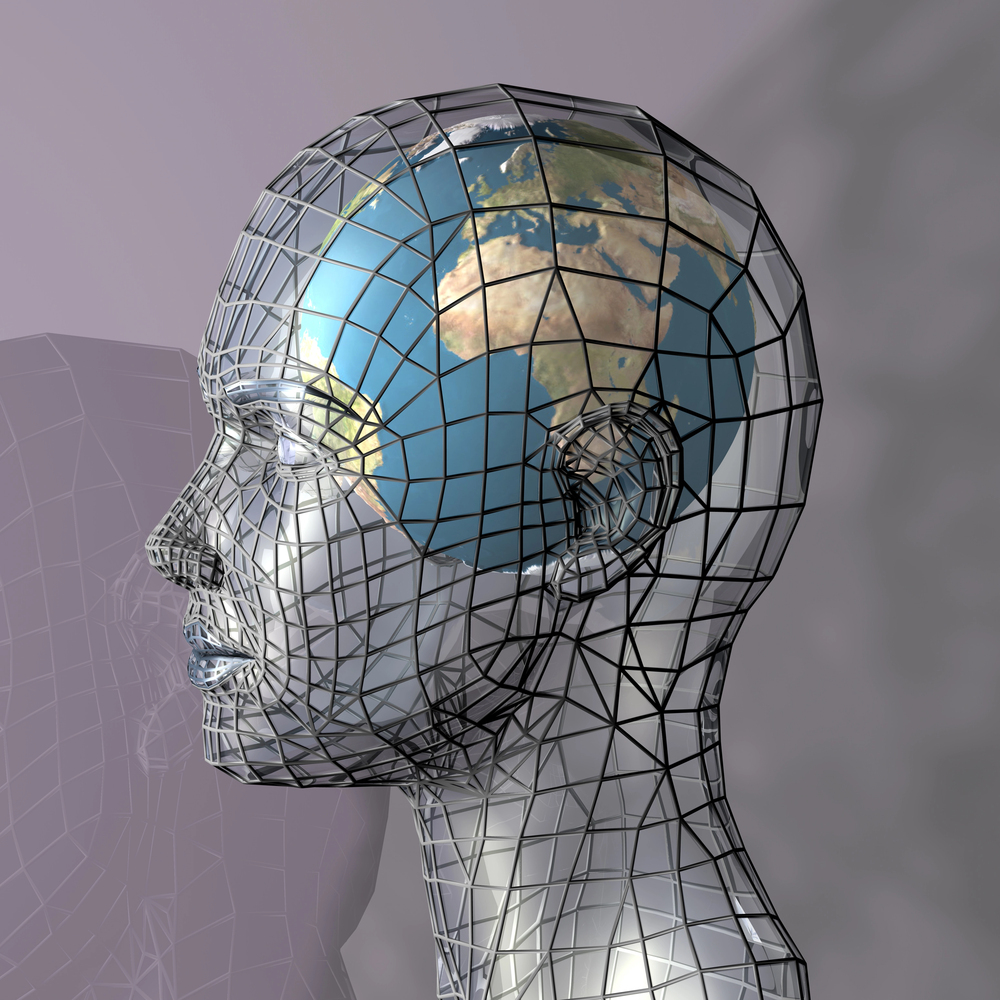Daniel Goulart’s recent chapter in Beyond Adaptation: The Unity of Personal and Social Change in Critical Psychology and Cultural-Historical Theory critiques psychology’s neglect of lived experiences and its tendency to erase individual and cultural specificity through universalizing theories.
Psychology often exhibits colonizing tendencies through universalizing theories that overlook individual and cultural specificities. Goulart proposes a radical shift that prioritizes lived experiences, challenges systemic dominance, and reclaims human agency as a catalyst for social transformation. Grounded in González Rey’s Theory of Subjectivity, Goulart offers a transformative vision for psychology through a cultural-historical framework that integrates individual agency with broader social systems to foster a more inclusive and participatory discipline.
“This approach inaugurates a theoretical pathway to explain not only how broader social dynamics are subjectively configured by individuals and social groups but also the generative character of these individuals and groups,” Goulart writes.
Goulart asserts that Cultural-Historical framing provides a pathway for researchers to explore the qualitative aspects of lived experience, enriching the field with insights that transcend traditional boundaries.















